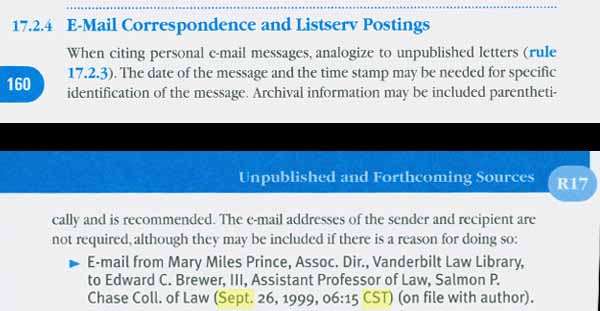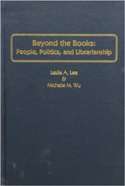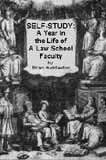Turning our clocks back last night reminded me of this minor, minor citation issue. Wow - its so minor, I can’t believe I’m taking time to write about it. But I haven’t been writing so much in here
lately, and since one of the things I used to do regularly is complain about
other people’s sloppy
citation errors, I thought I would sling some more mud around. Remember, this is a minor, minor issue.
I had to cite some e-mails in an article I wrote a couple of years ago, and did some searches to confirm that a lot of people really don’t pay any attention to this. Bluebook Rule 17.2.4, E-Mail Correspondence and Listserv Postings, says “[w]hen citing personal e-mail messages...[t]he date of the message and the time stamp may be needed for specific identification of the message”.
Yes, the date would be useful, but why the time? I guess if the author were citing a near-real time e-mail exchange, putting the time-stamps in the citation would help clarify the order the e-mails were sent. And though its not a strict requirements, most folks seem to do it. And many people botch the time stamp of e-mails.
Consider the Eastern time zone. Searching Westlaw’s JLR database for the abbreviation of “Eastern Daylight Time”, I found mostly correct usages, but the seventh document I came across had it wrong:
Leslie Gielow Jacobs, Bush, Obama and Beyond: Observations on the Prospect of Fact Checking Executive Department Threat Claims Before the Use of Force, 26 Const. Comment. 433 (2010):
Persuasive communications by executive branch officials have included formal speeches,123 Sunday talk show appearances,124 congressional testimony,125 direct media postings,126 and documents delivered to Congress and released publicly.127
126E.g., Posting of Jesse Lee to the White House Blog, The New Way Forward--The President's Address, http:// www.whitehouse.gov/blog/2009/12/01/new-way-forward-presidents-address (Dec. 1, 2009 21:35 EDT).
(Emphasis added.) December would actually be Easter Standard Time, i.e., “EST”.
Maybe people just don’t realize that the abbreviations for the time zones change according to whether we’re on Standard time - in the winter - or on Daylight time - in the summer. If they realize that, its easy to mix them up because its counter-intuitive: summer is “daylight” time and the winter is “standard” time. It seems that it would be the other way around. After all, we move our clocks back and forward twice a year so farmers have more daylight, right? And isn’t the winter the darker time of the year, when we need to save the daylight? But, no, it’s the other way - winter is standard time and summer is daylight savings time. As the National Institute of Science and Technology’s Physical Measurement Laboratory puts it:
At present, Daylight Saving Time in the United States ... begins at 2:00 a.m. on the second Sunday of March and ... ends at 2:00 a.m. on the first Sunday of November.
So only one of the first ten articles I found with a time stamp that included “EDT” got it wrong. I thought I would also try “EST”. That turns up a lot of French phrases or titles. But the second time zone abbreviation I found is incorrect:
Cynthia Baker, Robert Lancaster, Under Pressure: Rethinking Externships in a Bleak Economy, Clinical Law Review 17 Clinical L. Rev. 71 (2010):
Additionally, default rates for student loans of recent law school graduates have increased sharply.FN24
24Access Group, Inc., a primary originator and servicer of private education loans for law students, reports that the default rate for law student loans jumped between the law school classes of 2007 and 2008. E-mail from Jeffrey E. Hanson, Dir., Borrower Educ. Servs., Access Group to Cynthia Baker, Dir., Program on Law and State Gov't, Ind. Univ. Sch. of Law-Indianapolis (Aug. 11, 2010, 3:42 p.m. EST) (on file with authors).
(Emphasis added.) August is actually part of Daylight time, i.e., EDT. Funny thing is, another six of the first ten time stamps that include EST were also incorrectly used for e-mails or postings sent on dates during Daylight times, for a rate of only a thirty percent correct usage. Don’t know why many more people use “EST” wrong than “EDT”.
But no one can be blamed for getting this wrong in a law review article since the example in the Bluebook for this rule muffs it at well:

September, yes, is, and always has been, part of Daylight time.
Full blog post...




